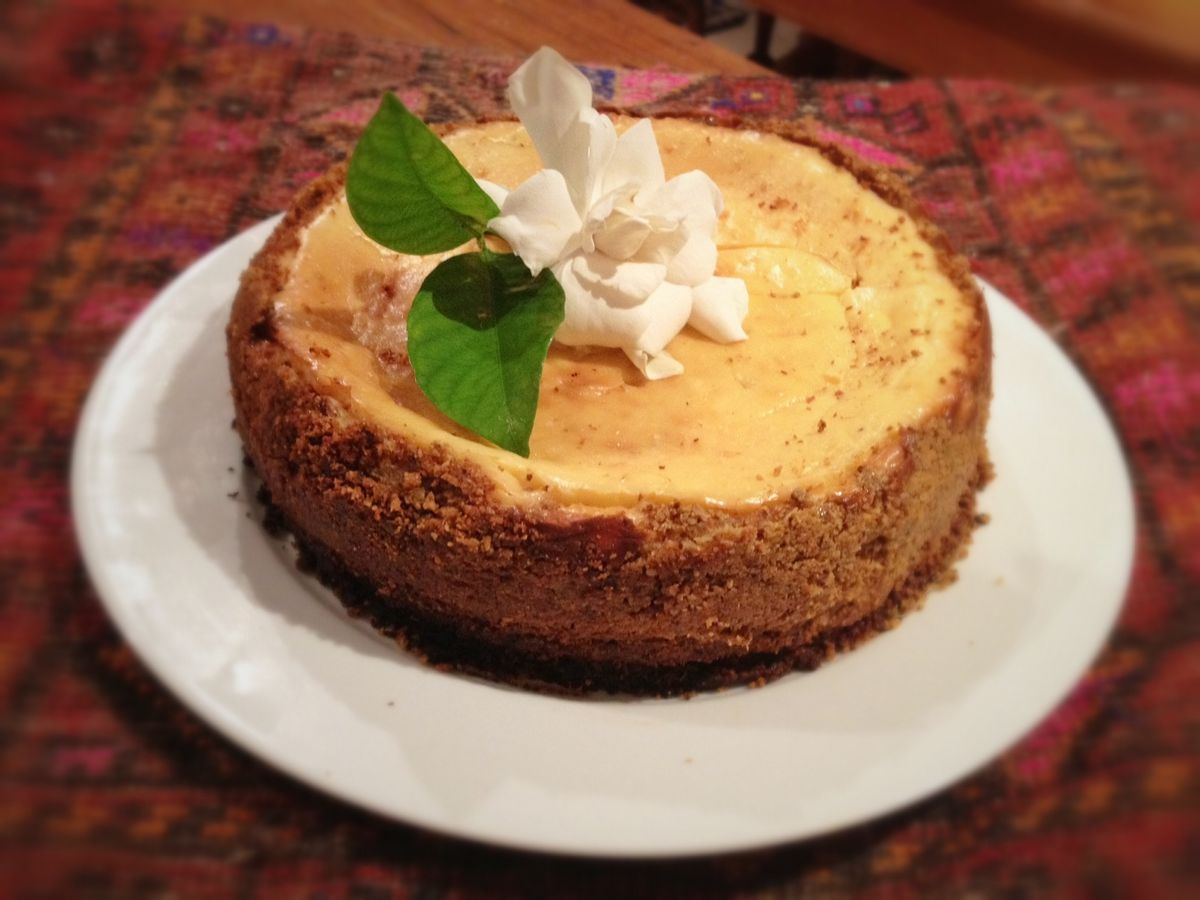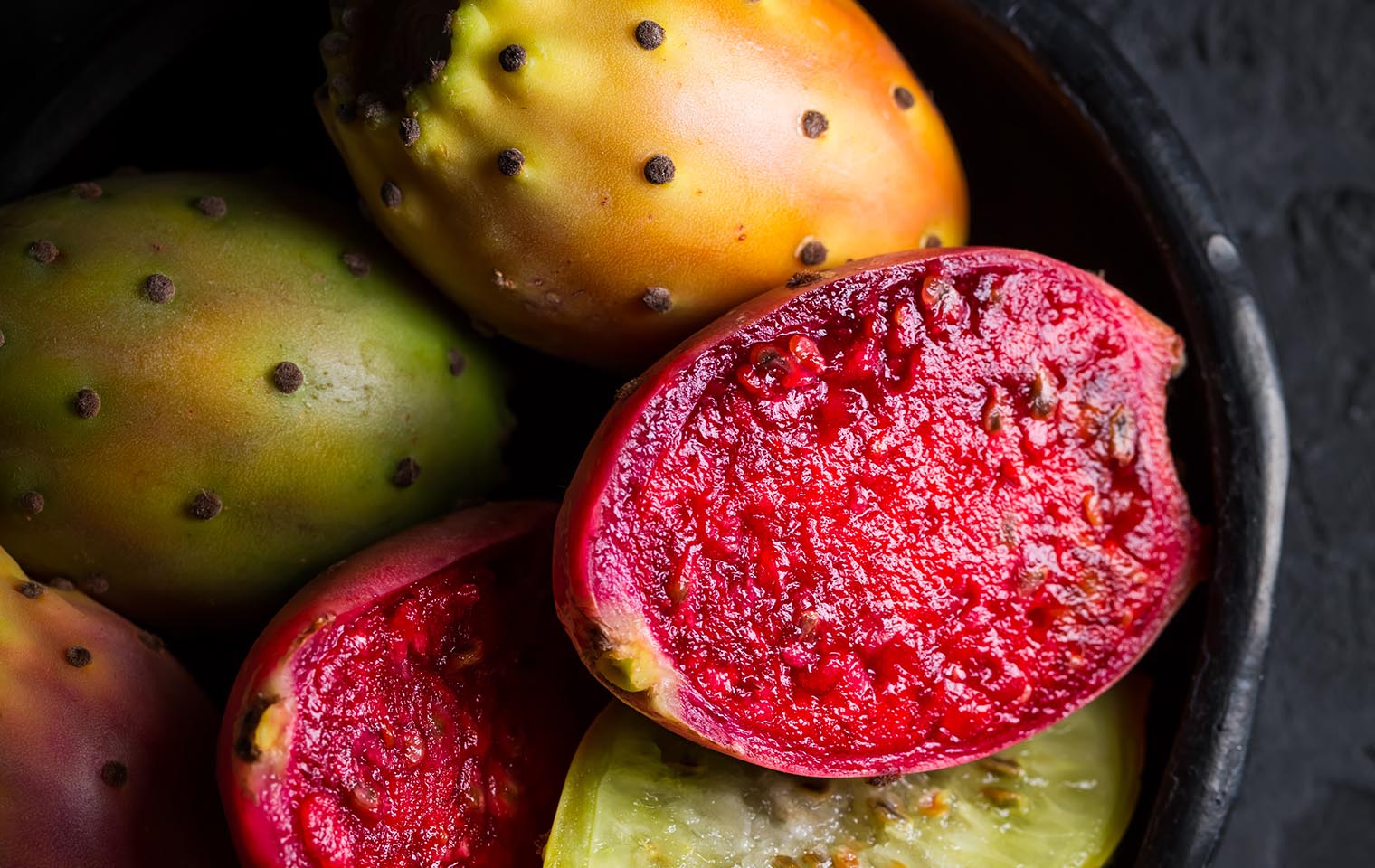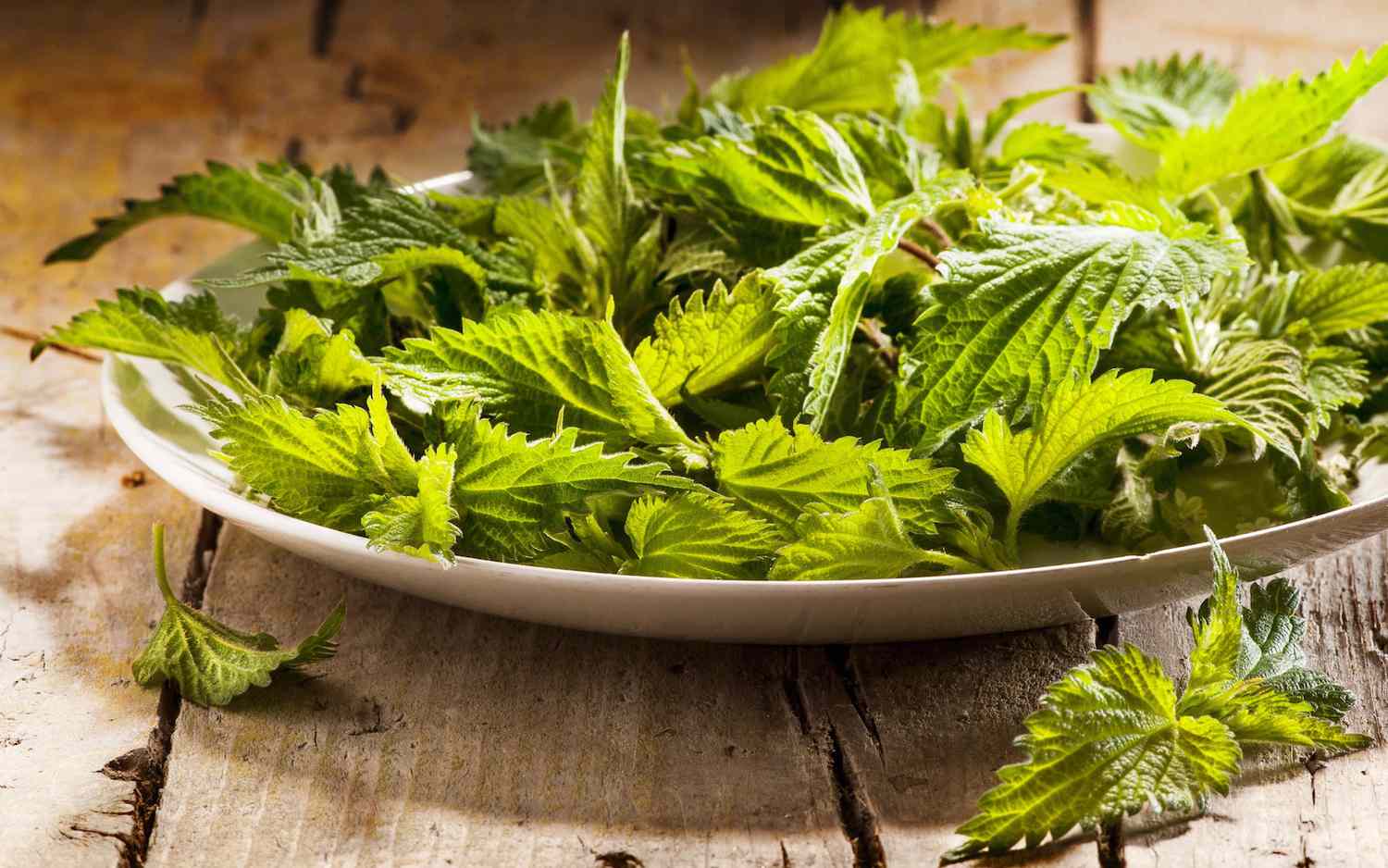How to Enjoy a Sugar-Free Diet
Embarking on a sugar-free diet can be a challenging yet rewarding journey. Whether you are looking to improve your overall health, manage a medical condition, or simply reduce your sugar intake, adopting a sugar-free lifestyle can have numerous benefits. However, making the transition to a sugar-free diet requires careful planning and a commitment to making mindful food choices. Here are some tips to help you navigate and enjoy a sugar-free diet:
Focus on Whole Foods
When following a sugar-free diet, it’s essential to prioritize whole, unprocessed foods. Fresh fruits, vegetables, lean proteins, and whole grains should form the foundation of your meals. These foods are naturally low in added sugars and provide essential nutrients that support overall health.
Read Labels Carefully
Many packaged foods, including seemingly healthy options, can contain hidden sugars. When shopping for groceries, take the time to read food labels carefully. Look for hidden sources of sugar, such as high-fructose corn syrup, dextrose, sucrose, and other sweetening agents. Opt for products with little to no added sugars or choose those sweetened with natural alternatives like stevia or monk fruit.
Experiment with Sugar Substitutes
While cutting out refined sugars, you can still enjoy sweet flavors by using natural sugar substitutes. Stevia, monk fruit, and erythritol are popular choices that can be used in place of sugar in recipes and beverages. These alternatives provide sweetness without causing spikes in blood sugar levels, making them suitable for a sugar-free diet.
Plan Your Meals
Meal planning is a crucial aspect of maintaining a sugar-free diet. By preparing your meals in advance, you can ensure that you have nutritious, sugar-free options readily available. Additionally, planning your meals can help you resist the temptation of reaching for sugary snacks or convenience foods when hunger strikes.
Get Creative in the Kitchen
Embracing a sugar-free diet doesn’t mean sacrificing flavor and enjoyment. Experiment with herbs, spices, and natural flavor enhancers to create delicious meals without relying on added sugars. There are plenty of sugar-free recipes available that showcase the natural goodness of wholesome ingredients.
Stay Hydrated
Proper hydration is key to supporting your overall well-being and can also help curb sugar cravings. Opt for water, herbal teas, and other unsweetened beverages to stay hydrated throughout the day. Avoid sugary drinks like soda and fruit juices, which can derail your efforts to maintain a sugar-free lifestyle.
Seek Support and Accountability
Transitioning to a sugar-free diet can be easier when you have support from friends, family, or online communities. Surround yourself with individuals who understand and respect your dietary choices. Sharing experiences and seeking accountability can help you stay motivated and committed to your sugar-free journey.
Practice Mindful Eating
Developing mindful eating habits can help you savor and appreciate the natural flavors of foods without relying on added sugars. Take the time to chew your food slowly, savoring each bite, and pay attention to your body’s hunger and fullness cues. By being mindful, you can cultivate a healthier relationship with food and make conscious choices that align with your sugar-free goals.
Be Patient with Yourself
Adjusting to a sugar-free diet is a process that may come with its challenges. It’s important to be patient with yourself and recognize that making sustainable lifestyle changes takes time. Celebrate your progress, no matter how small, and focus on the positive impact that a sugar-free diet can have on your health and well-being.
Embracing a sugar-free diet is a personal choice that can lead to numerous health benefits. By prioritizing whole foods, reading labels, experimenting with sugar substitutes, and practicing mindful eating, you can enjoy a fulfilling and sustainable sugar-free lifestyle.











